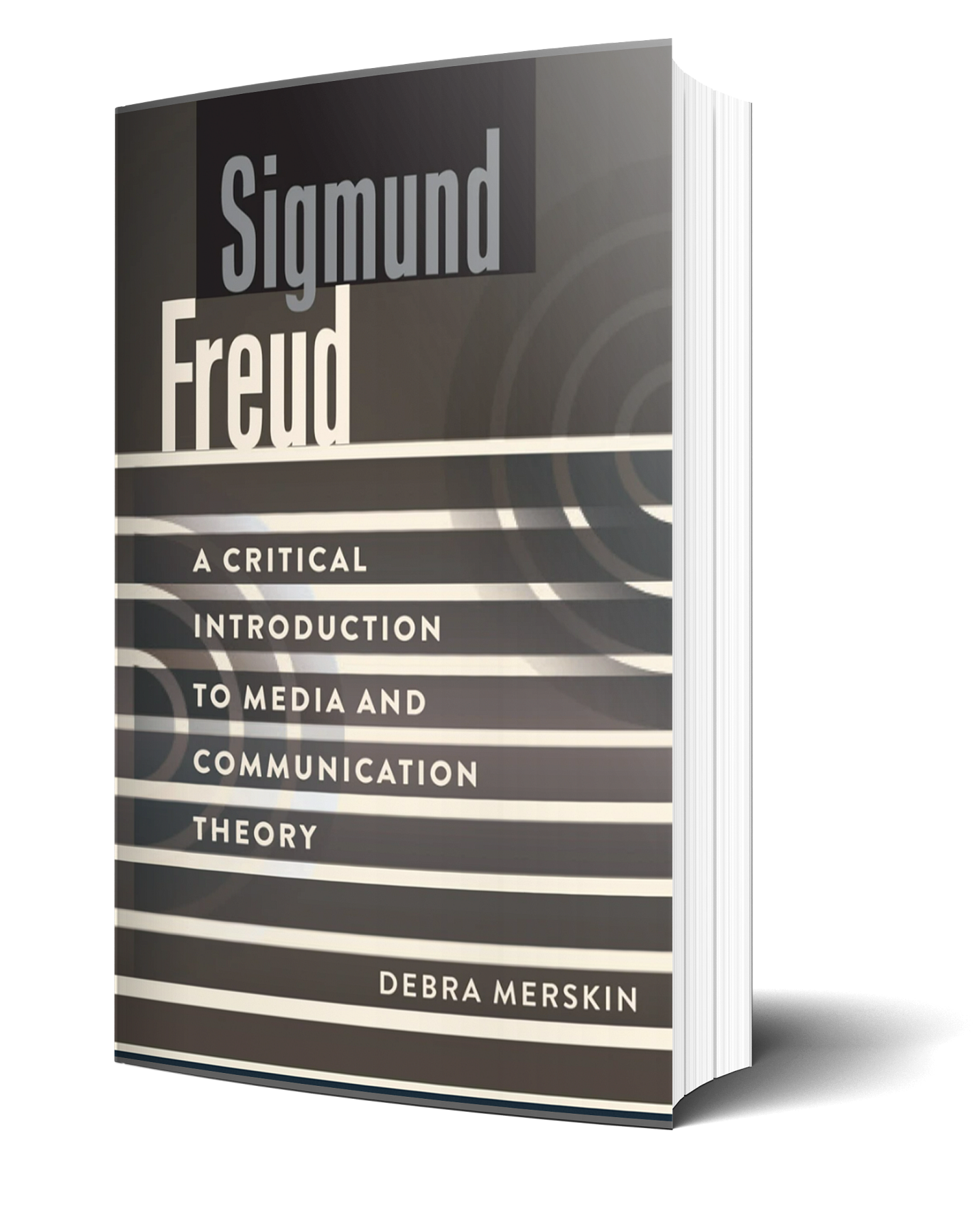Sigmund Freud: A Critical Introduction to Media and Communication Theory
By Debra Merskin, professor emerit, School of Journalism and Communication
September 11, 2024

Sigmund Freud’s theories and clinical practices focused primarily on individuals. As such, they are rarely considered when critiquing collective behavior or symbolic re-presentations. However, as the founder of depth psychology—a field of study that considers how unconscious components of the human experience influence psychological conditions—Freud understood the collective nature of thought and behavior. While his ideas are not typically a perspective applied to the study of media and popular culture, of audiences, or of content creation, once unpacked through a psychoanalytic lens, Freud’s theories shine a bright light on human motivation and expression.
This book is the first presentation of his ideas within this context. It is primarily an introduction to Freud and his theories intended for a communication studies audience. In addition to summarizing Freud’s major concepts, how/when/if they are taught in psychology programs, and the resultant “Freud Wars,” this book offers examples of application of his ideas to cinema, advertising, public relations, and other forms of expression and recommendations for future research

